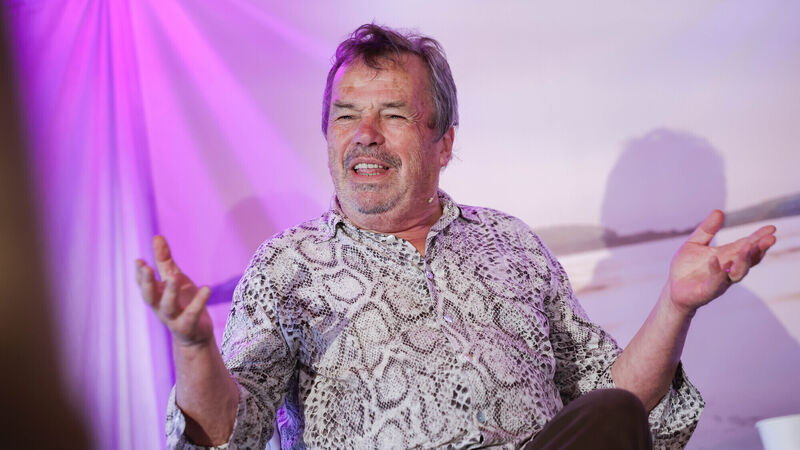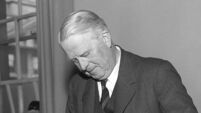Book review: Jordan tells of tectonic cultural shift through one simple vignette

Screenwriter and author Neil Jordan speaking about his new book titled 'Amnesiac' at the Seafront venue as part of the Dalkey Book Festival. Picture: Conor McCabe Photography.
- Amnesiac: A Memoir
- Neil Jordan
- Head of Zeus, €16.99
BOOKS & MORE
Check out our Books Hub where you will find the latest news, reviews, features, opinions and analysis on all things books from the Irish Examiner's team of specialist writers, columnists and contributors.







